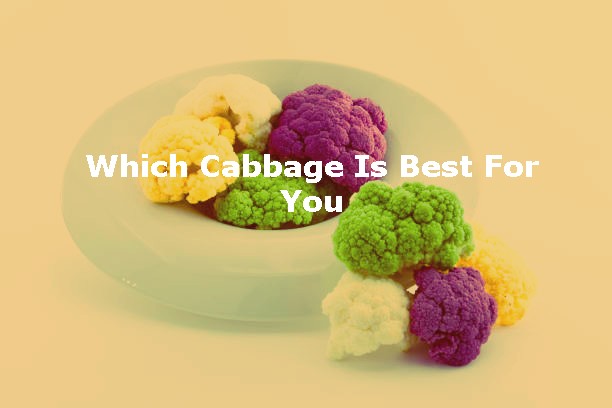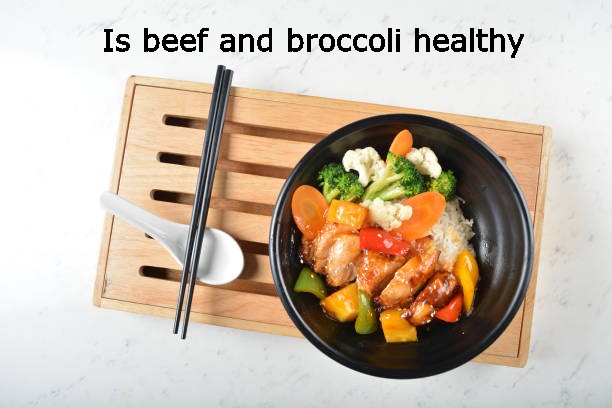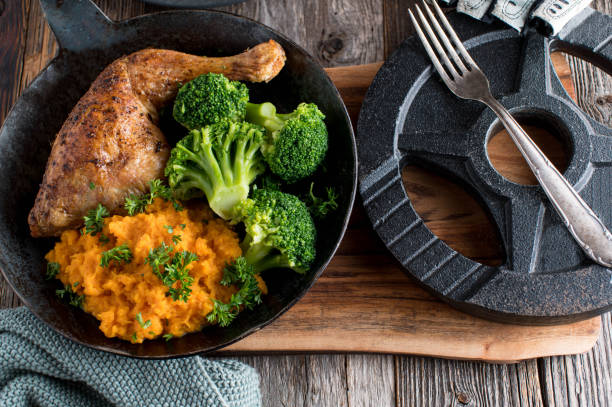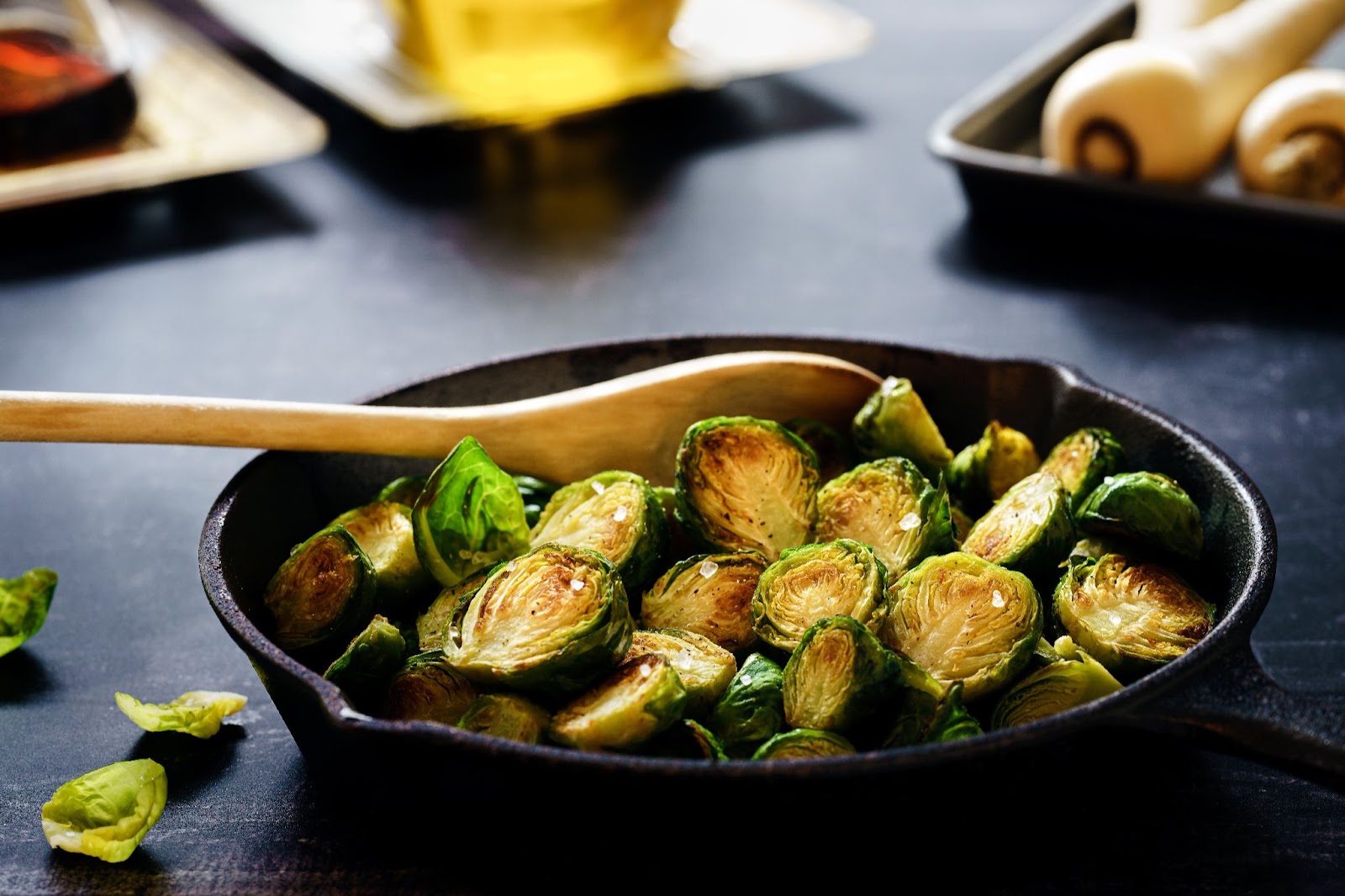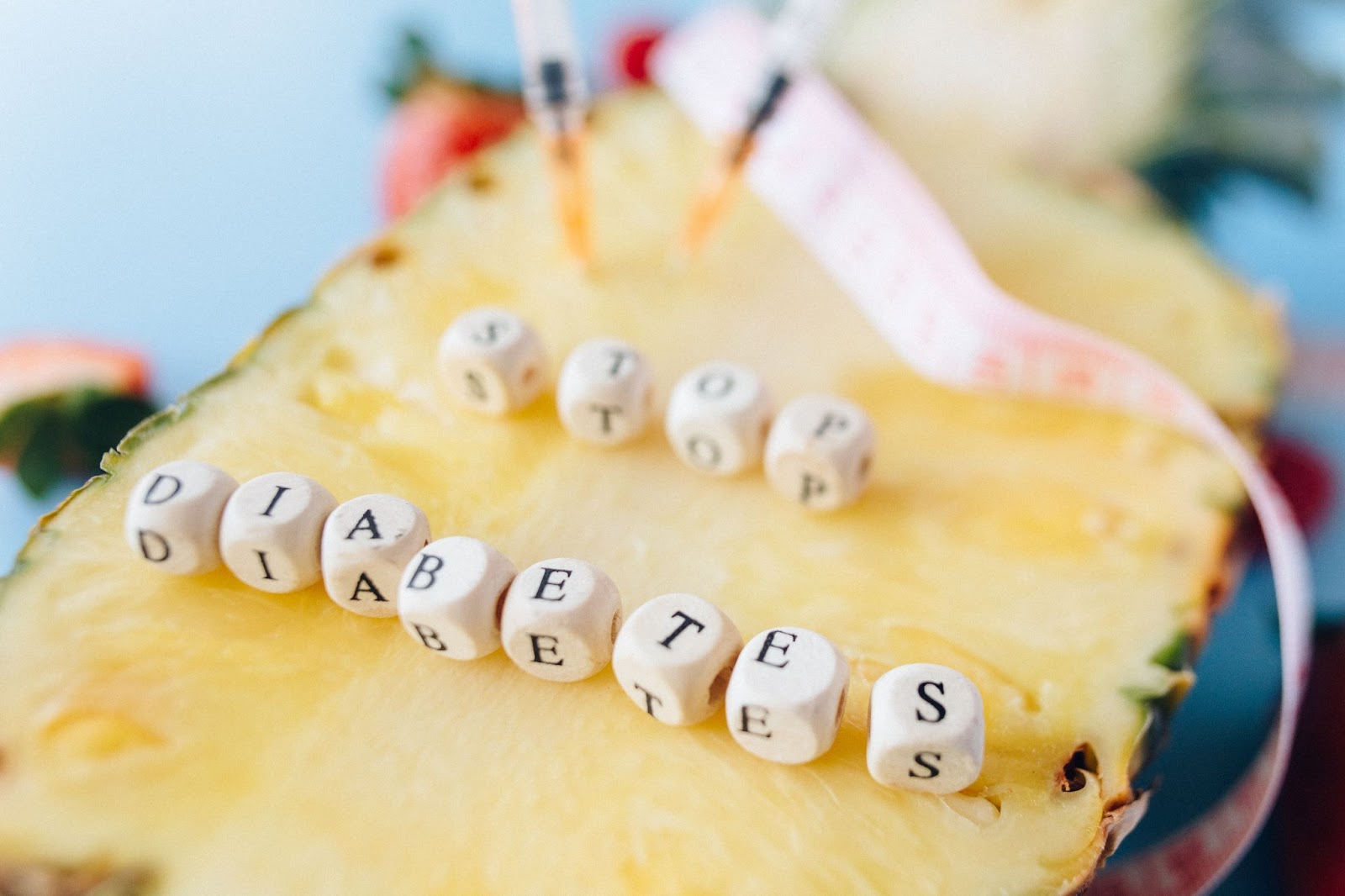Table of Contents
Introduction
When it comes to healthy eating, broccoli and cabbage are two of the most popular vegetables out there. Both are known for their high nutrient content and health benefits, but which one is truly healthier?
This article will provide an in-depth analysis and comparison of the nutritional value of broccoli vs cabbage, as well as how they stack up against other popular vegetables like cauliflower and spinach.
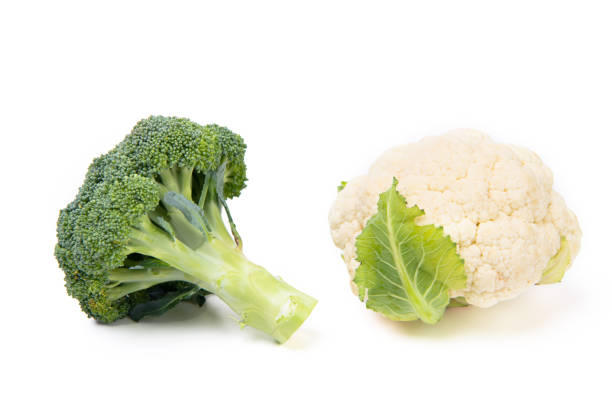
So, whether you’re a bodybuilder, fitness enthusiast, gym-goer, foodie, or just a health enthusiast, read on to find out which of these two vegetables is the healthiest for you.
Nutrition Comparison of Broccoli vs Cabbage:
First things first, let’s take a look at the nutritional content of broccoli vs cabbage. While both are great sources of vitamins and minerals, they differ in terms of their nutrient composition.
| Nutrient | Broccoli (per 100g) | Cabbage (per 100g) |
| Calories | 34 kcal | 25 kcal |
| Carbohydrates | 6.64 grams | 5.8 grams |
| Dietary Fiber | 2.6 grams | 2.5 grams |
| Sugars | 1.7 grams | 3.2 grams |
| Protein | 2.82 grams | 1.28 grams |
| Fat | 0.37 grams | 0.1 grams |
| Vitamin C | 89.2 mg (149% DV) | 36.6 mg (61% DV) |
| Vitamin K | 101.6 mcg (127% DV) | 76 mcg (95% DV) |
| Vitamin A | 623 IU (12% DV) | 98 IU (2% DV) |
| Folate (Vitamin B9) | 63 mcg (16% DV) | 43 mcg (11% DV) |
| Calcium | 47 mg (5% DV) | 40 mg (4% DV) |
| Iron | 0.73 mg (4% DV) | 0.47 mg (3% DV) |
| Potassium | 316 mg (9% DV) | 170 mg (5% DV) |
| Magnesium | 21 mg (5% DV) | 12 mg (3% DV) |
DV stands for Daily Value and is based on a daily intake of 2,000 calories, which is the general daily calorie intake used for nutrition labeling.
Keep in mind that the actual nutrient content may vary slightly depending on factors like growing conditions and varieties of the vegetables. Both broccoli and cabbage are nutritious vegetables, with broccoli being particularly rich in vitamin C and vitamin K, while cabbage is a good source of dietary fiber.
Broccoli vs Cabbage, which is Healthier?
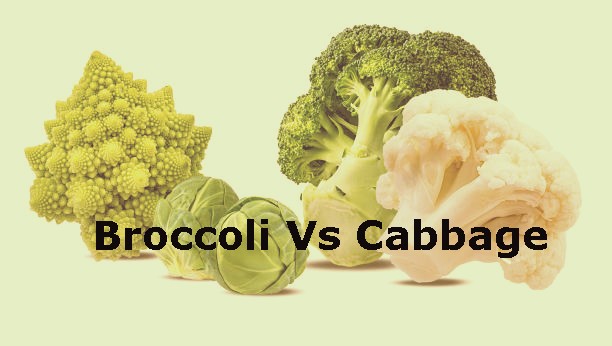
When it comes to the overall health value, both broccoli and cabbage are incredibly nutritious and beneficial for the body. However, broccoli might have a slight edge over cabbage in terms of nutritional content. Broccoli’s higher fiber content, vitamin C, and beta-carotene levels make it a slightly better choice than cabbage. Broccoli has also been linked to reducing inflammation, improving digestion, and reducing the risk of chronic diseases, such as cancer and heart disease. Ultimately, it’s crucial to include both vegetables in your diet as they offer different health benefits and add variety to your meals.
Broccoli vs Cauliflower, which is Healthier?
When it comes to comparing broccoli with another nutrient powerhouse, cauliflower, both are great vegetable sources of nutrients and can be part of a healthy diet. However, broccoli wins this battle as it has a higher vitamin C and beta-carotene content than cauliflower. Broccoli is also a richer source of calcium, magnesium, and potassium. Cauliflower, on the other hand, has a higher fiber content than broccoli and is a good source of vitamin B6.
Broccoli Vs Cauliflower Carbs
Broccoli and cauliflower are both low in carbohydrates, making them suitable for low-carb and keto diets. Here’s a comparison of the carbohydrate content in 100 grams of raw broccoli and cauliflower:
- Broccoli: Approximately 6.64 grams of carbohydrates per 100 grams.
- Cauliflower: Approximately 4.97 grams of carbohydrates per 100 grams.
As you can see, cauliflower has slightly fewer carbohydrates than broccoli, making it an even lower-carb option if you’re watching your carbohydrate intake. Both vegetables are excellent choices for those looking to reduce their carb consumption while still enjoying nutritious and versatile ingredients in their meals.
Broccoli vs Spinach, Which is Healthier?
Comparing broccoli and spinach is like comparing apples and oranges, as the two veggies have different nutritional compositions. Spinach is famously high in vitamins A and K, folate, iron, and magnesium.
It’s also low in calories and high in antioxidants. Broccoli, while not as high in these nutrients, is an excellent source of fiber, vitamin C, and potassium.
Both vegetables have their own unique nutrient profile and can offer different health benefits to the body.
Cabbage vs Cauliflower, which is Healthier?
Cabbage and cauliflower both belong to the cruciferous vegetable family and are rich in antioxidants and anti-inflammatory compounds. Cabbage, being high in vitamin C, vitamin K, and fiber, helps support the immune system and promotes healthy blood clotting and bone health.
Cauliflower, meanwhile, is rich in fiber, vitamin B6, and magnesium. Ultimately, the choice between cabbage and cauliflower comes down to personal preference and individual nutritional goals.
Cabbage vs Cauliflower vs Broccoli, which is Healthier?
Cabbage, cauliflower, and broccoli all belong to the cruciferous vegetable family, and each has its unique set of nutritional benefits.
Broccoli has the highest amount of vitamin C, fiber, and beta-carotene, while cauliflower is higher in vitamin B6 and calcium. Cabbage is the lowest in calories, high in vitamin C, and offers the most fiber among the three vegetables.
All three vegetables offer potent anti-inflammatory and anti-cancer properties and should be included in a healthy and balanced diet. source
Which has more Fiber?
Fiber is vital for digestion, promoting feelings of fullness, and reducing the risk of chronic diseases. In terms of fiber content, cabbage wins over both broccoli and cauliflower. One cup of cabbage has around 2.2 grams of fiber, while broccoli has 2.4 grams, and cauliflower has 2.1 grams. While cauliflower’s fiber content is slightly lower than both broccoli and cabbage, it’s still considered a good source of fiber.
Tabular Comparison of Cabbage, Broccoli, and Cauliflower:
The following table provides a summary of the nutritional values and calories of one cup of cooked cabbage, broccoli, and cauliflower:
| Characteristic | Cabbage | Broccoli | Cauliflower |
| Scientific Name | Brassica oleracea var. capitata | Brassica oleracea var. italica | Brassica oleracea var. botrytis |
| Family | Brassicaceae | Brassicaceae | Brassicaceae |
| Origin | Europe and Asia | Italy | Mediterranean region |
| Shape and Size | Round, dense head | Dense florets on a stem | Dense, compact head |
| Color Varieties | Green, red, purple, savoy | Green | White, green, purple |
| Taste | Mild, slightly peppery | Earthy, slightly bitter | Mild, slightly nutty |
| Nutritional Content | Rich in vitamin K and C, low in calories | High in vitamins C and K, fiber, and antioxidants | High in vitamins C and K, fiber, and antioxidants |
| Cooking Methods | Boiling, steaming, stir-frying, raw in salads | Steaming, roasting, stir-frying, raw in salads | Steaming, roasting, stir-frying, raw in salads |
| Common Dishes | Coleslaw, sauerkraut, stuffed cabbage rolls | Steamed broccoli, broccoli cheddar soup | Cauliflower rice, mashed cauliflower, roasted cauliflower |
| Health Benefits | Supports digestive health, may help lower blood pressure | Supports heart health, aids in digestion, may reduce inflammation | Supports bone health, aids in digestion, may reduce cancer risk |
| Common Culinary Uses | Soups, salads, coleslaw, stir-fries | Side dishes, salads, stir-fries | Side dishes, mashed cauliflower, cauliflower rice |
| Storage | Refrigerate in a plastic bag | Refrigerate in a plastic bag | Refrigerate in a plastic bag |
| Seasonal Availability | Year-round | Year-round | Year-round |
At the end of the day, broccoli and cabbage are both nutritious vegetables and should be included in any healthy diet. While broccoli edges out cabbage in terms of its nutritional value, both offer unique health benefits that make them worth adding to your meals. Meanwhile, cauliflower and spinach are also excellent choices if you want to mix up your vegetable intake. Ultimately, the key to a healthy diet is incorporating a variety of whole foods, including fruits, vegetables, whole grains, and lean protein sources.

